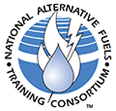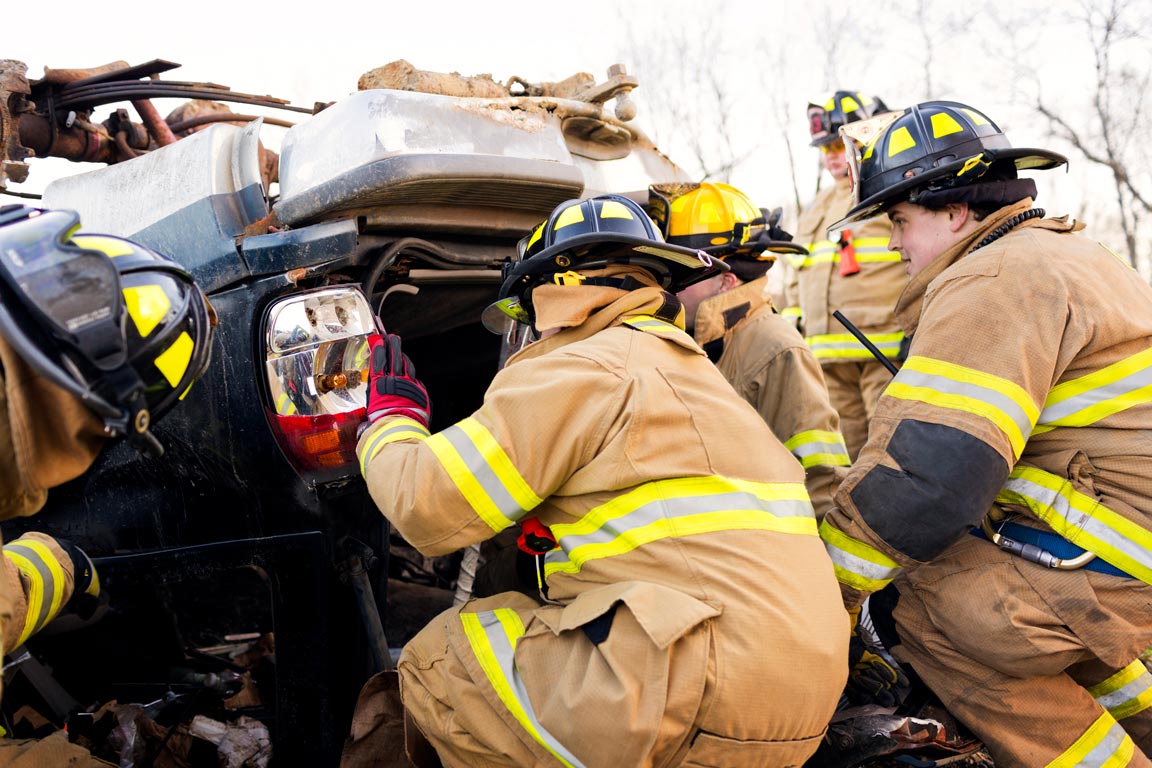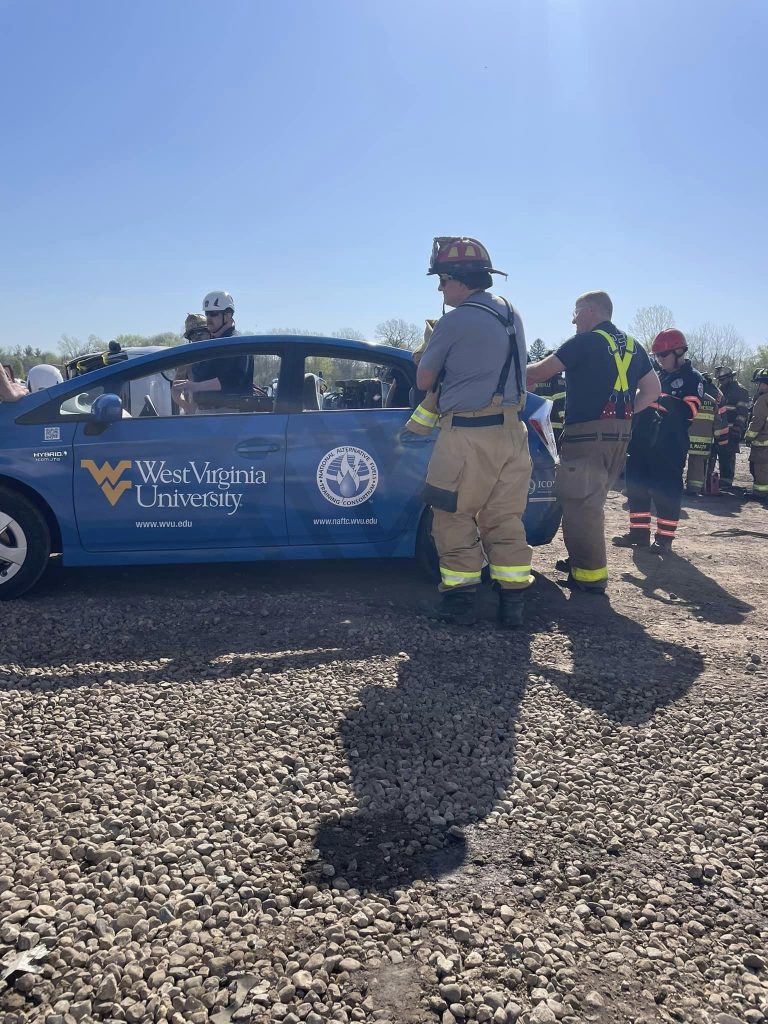LIVE DISCUSSION
Empower First Responders
Learn about first responder safety and EVs with WVU Fire Safety Extension Instructor and NAFTC Collaborator, Tom Miller, during a National Volunteer Fire Council FREE, live, online discussion this Thursday, August 11th at 11:00 a.m. EDT.
Learn about first responder safety and EVs with WVU Fire Safety Extension Instructor and NAFTC Collaborator, Tom Miller, during a National Volunteer Fire Council FREE, live, online discussion this Thursday, August 11th at 11:00 a.m. EDT.
Safeguarding Our Future with Alternative Fuel Vehicle Safety Training.
NAFTC's First Responder Safety Training educates and equips responders to handle accidents involving alternative fuel vehicles. With the rising number of these vehicles on the road, this training is essential. It ensures responders are well-prepared to manage the unique challenges posed by AFVs. Empower our first responders for a safer future.




